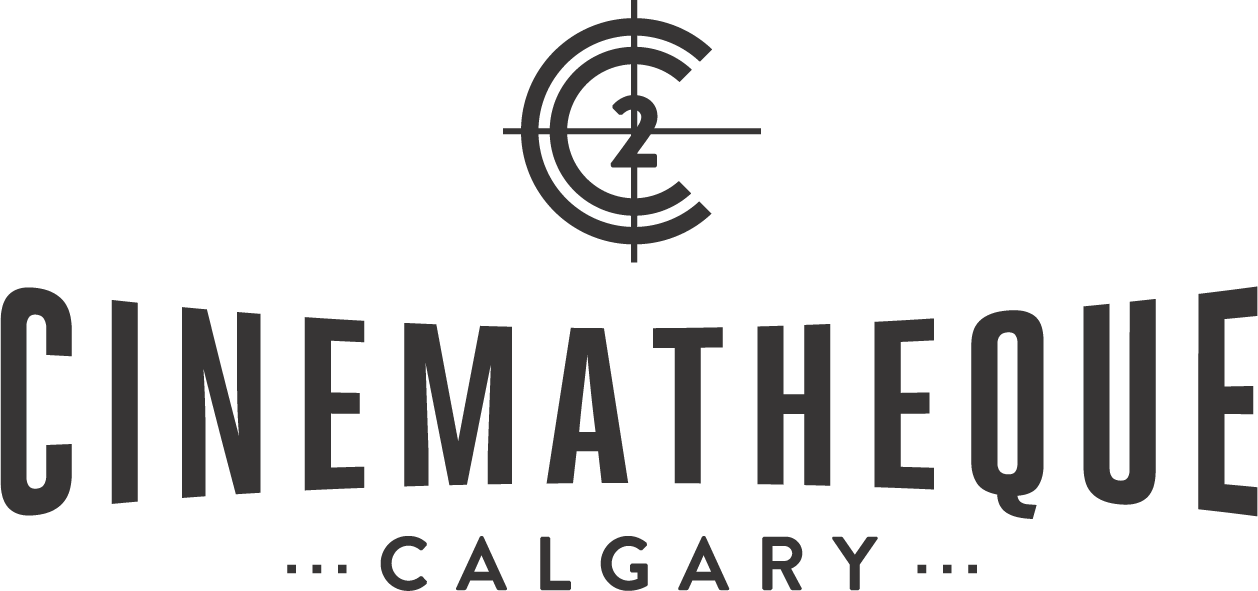Part of our Masters: Jacques Rivette series.
Directed by Jacques Rivette | France | 127 mins
A tantalizing bit of copy from the press release accompanying the initial appearance of Jacques Rivette’s 1981 urban fantasia: “Could we say that Le Pont du Nord is the meeting between a character out of fiction—Bulle Ogier—and a character out of science-fiction—Pascale Ogier? The space odyssey of an ex-militant and a mutant?” Bulle and Pascal Ogier are/were mother and daughter in real life, and here they share the stage that is Paris in a film conceived as a children’s game, something like snakes and ladders, played exclusively in the open air, though far afield of the tourist sites. Marie (Bulle) is an ex-radical who has just been released following a lengthy prison sentence. Freshly landed in Paris, Marie, over the course of a compressed period of time, repeatedly runs into Baptiste (Pascale), a young leather-jacketed woman ever zooming about on her scooter. Are these repeated encounters mere coincidence? Baptiste doesn’t think so. “One time, that’s an accident. Two times, that’s chance. Three times, that’s destiny.” Baptiste quickly draws the claustrophobic Marie into a labyrinth of paranoid conjecture, involving a briefcase, cryptic clues, statues imputed to possess diabolic agency, and a map that may lead to the lion’s very den. The city of Paris is now a game-board though this is free-form play steeped in mounting dread.
Inspired by a folk song itself based on a legend from the Middle Ages, Le Pont du Nord depicts its two heroines, mother and daughter, representatives of two distinct generations (with their respective paranoias), navigating a labyrinthine Paris informed by pervasive “panoptic” oversight and indications of conspiratorial malfeasance, a phantasmic/mythic map superimposed over the quotidian map of the city in question. The game that directs and continually redirects the film ultimately proves to be one of life and death, though the mystery is never dispelled, the case never cracked. It can only end one way: in a crowning theatrical ritual (or rite), a sacred deflection that nullifies, if only for as long as the performance lasts, the system of controls. As with Céline and Julie Go Boating, Le Pont du Nord could be said to harken back to the Surrealist concept of disponibilité (in the 1930s) and the Situationist concept of derivé (in the 1960s), each of which look forward to the more contemporary ideas pertaining to psychogeography. Each of the three is a terminology relating to practices that seek to unleash radical creative energies upon the navigation of urban space. At the time of Le Pont du Nord’s release, Rivette said of the capital-W Woman that is the subject of his films that she is a modern day Penthesilea (the name of an Amazonian queen in Greek mythology). Collaboration with actresses is a means to the liberation of forces that might themselves further liberate. The great actress Jeanne Balibar, star of his 2001 film Va savoir, had this to say about working with Rivette: “There are some people in a room, and we’ll see what happens. You let the unconscious of the actors do the work.” Such is the case with Le Pont du Nord, with the qualification that this happens to be a film that doesn’t feature any rooms.
-Written by Jason Wierzba
Please read our COVID-19 Guidelines and Info page before planning your visit!
Community Partner: Alliance Française Calgary
Founded in 1883 and headquartered in Paris, Alliance Française Calgary has a renowned history of promoting French culture and language around the world. Learn more about the origins of the Alliance Française, meet their team of talented staff and teachers and discover how you can become an integral part of promoting French culture in Calgary!
In the spirit of respect, reciprocity and truth, we honour and acknowledge that this screening takes place on Moh’kinsstis and the traditional Treaty 7 territory, as well as the oral practices of the Blackfoot confederacy: Siksika, Kainai, Piikani as well as the Îyâxe Nakoda and Tsuut’ina nations. We acknowledge that this territory is home to the Métis Nation of Alberta, Region 3 within the historical Northwest Métis homeland. Finally, we acknowledge all Nations, Indigenous and non, who live, work and play, as well as help steward this land, honour and celebrate this territory.


